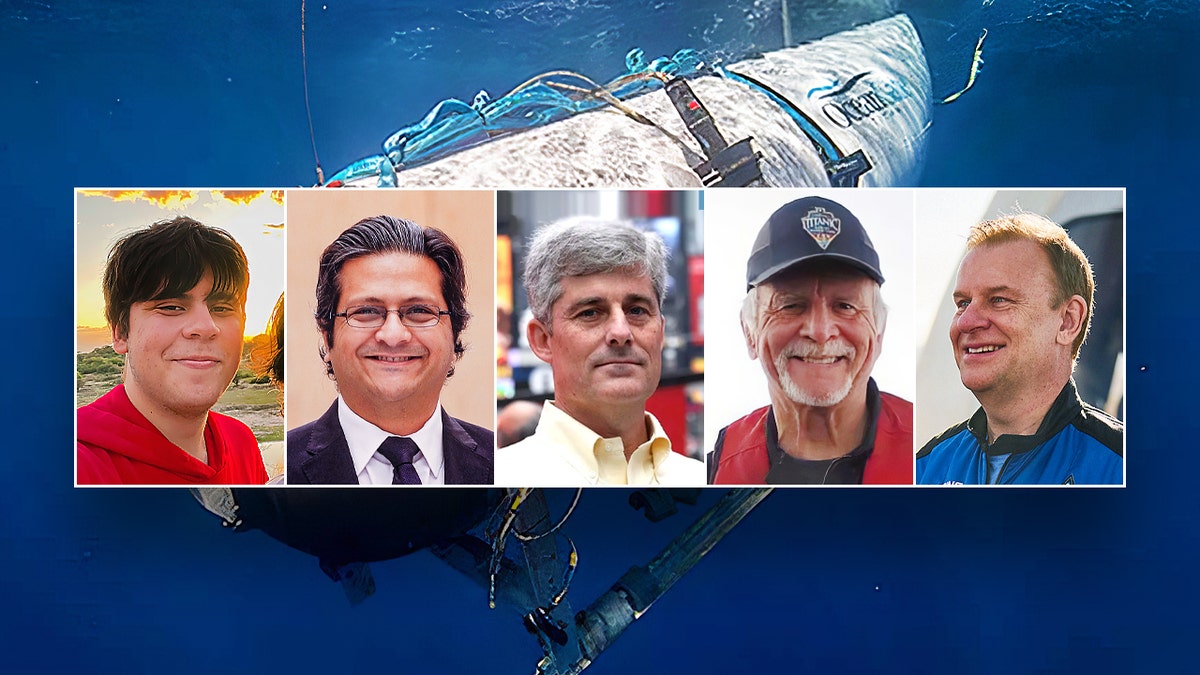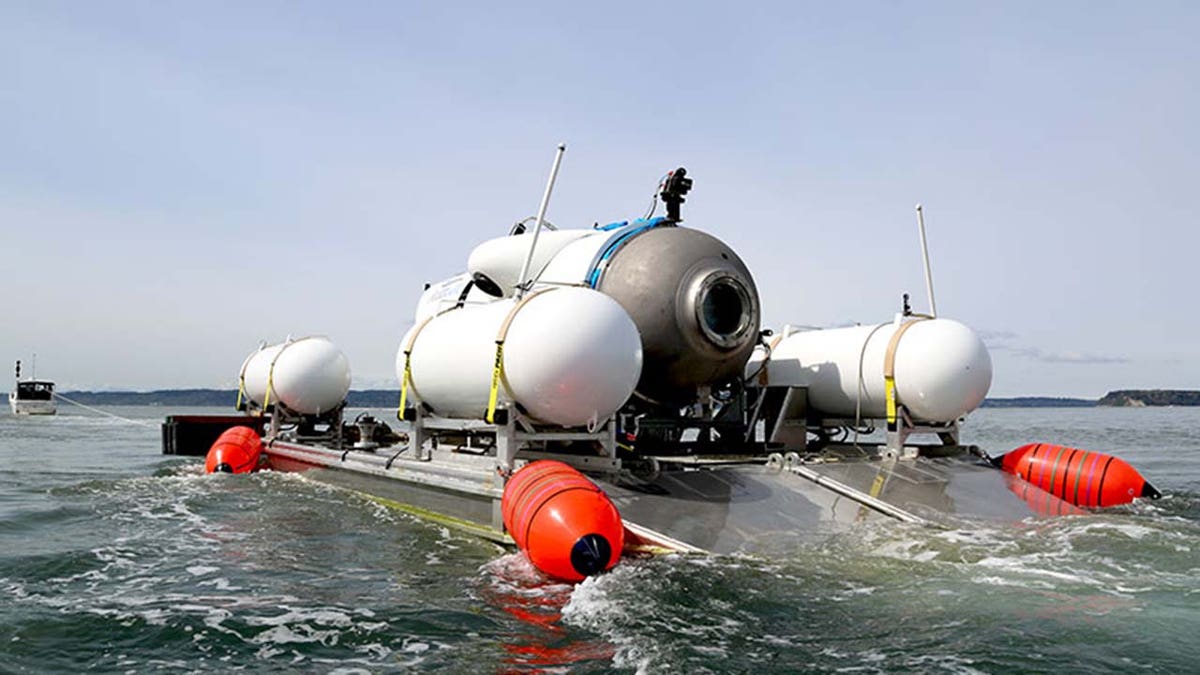Filmmaker James Cameron, renowned for directing "Titanic" and his extensive deep-sea exploration experience, expressed a chilling certainty about the Titan submersible's fate as soon as communication was lost. Having descended to the Titanic wreckage 33 times himself, Cameron told the BBC he had "no doubt" the submersible was lost when he learned contact was severed just 1 hour and 45 minutes into the dive.
The U.S. Coast Guard's discovery of a debris field near the Titanic wreckage confirmed Cameron's fears. He pointed to the simultaneous failure of the sub's electronics, communication system, and tracking transponder as conclusive evidence. "Sub’s gone," he stated bluntly.
Cameron criticized the media's focus on the dwindling oxygen supply within the Titan, calling it a "cruel, slow turn of the screw." He revealed that he knew the truth on Monday morning, emphasizing the agonizing wait for confirmation.
Expressing regret, Cameron admitted he wished he had voiced his concerns about the Titan's design earlier. "I thought it was a horrible idea," he confessed to Reuters, explaining that while he hadn't worked with that specific technology, he instinctively felt it was unsafe. He assumed, however, that someone else involved possessed greater expertise.
Cameron drew a parallel between the Titan tragedy and the historical sinking of the Titanic itself. He highlighted the disregard for warnings in both instances, leading to devastating consequences. "It’s really quite surreal," he remarked to ABC News, noting the uncanny similarity of the two events occurring at the same location.


Cameron's own deep-sea exploration credentials include a 2012 dive to the Mariana Trench in the Deepsea Challenger submersible, highlighting his significant understanding of the challenges and risks involved in such ventures.

OceanGate CEO Stockton Rush, who perished in the implosion, had previously downplayed safety concerns about the Titan, citing the lack of major incidents in submersible activity over the past three decades. He stated in a past interview that the surface operations presented more risk than the deep-sea descent itself.

Comments(0)
Top Comments